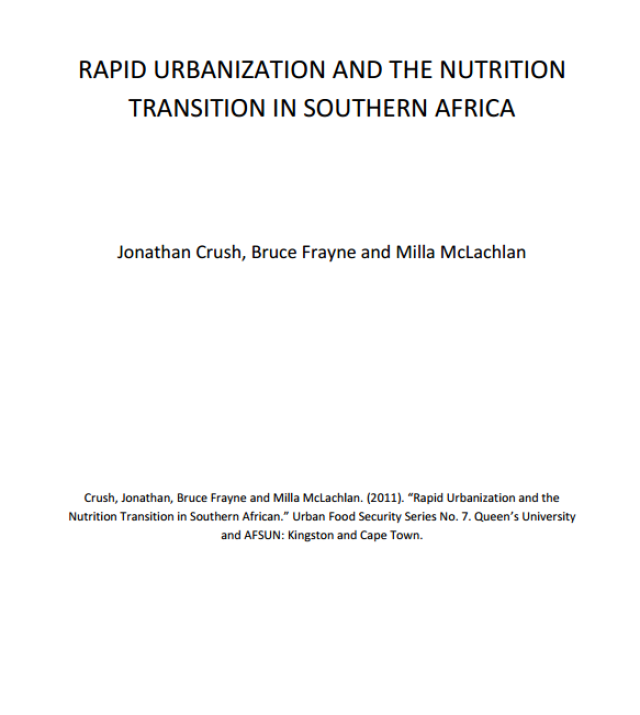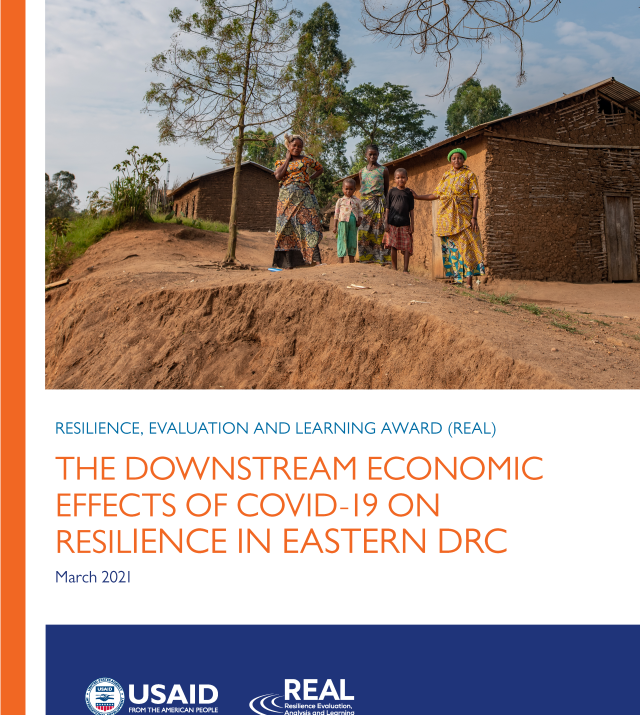
Rural Economy and Agriculture Production (REAP): Final Report for the Evaluation of REAP I and Baseline of REAP II

ACDI/VOCA Uganda designed the REAP project to prepare the people in the internally displaced peoples’ (IDPs) camps in Gulu District for eventual re-settlement should the war come to an end. The goal of the project is to improve livelihoods and food security for residents of the two camps through increased agricultural productivity and revitalized local rural economy. The project has two components; improvement of agricultural production and productivity through communal farms and demonstrations on crop production and agro-forestry, and improvement of access to farmers and of farmers to markets through the improvement (and construction or rehabilitation) of the feeder road network.
Survey data was collected using an administered questionnaire as the principle tool of data collection (based on one-on-one interviews), in which 72 people (35 from Palenga and 37 from Bobi) were interviewed. Additional data was drawn from focus group discussions (5) held with business people in the IDP camps, local leaders, 2 farmers groups and a women’s agro forestry groups. Further discussions were held with the local government agricultural extension officer and REAP project staff and officials from Northern Uganda Social Action Fund (NUSAF).
The findings from the evaluation survey highlighted land access as the principle-limiting factor to agricultural productivity in the Palenga IDP camp. The evaluation team noted that while the major component of the REAP project provided access for farmers to land through the communal farm for a selected crop they were not adequately covered for all their food security and income requirements. Subsequently all the project beneficiaries sought land outside the project communal farm to grow other crops to supplement the communal farm crop. The IDPs negotiated with the landlords for extra land and the terms of the agreements were payment of rent of Ushs 10,000 per season or an equivalent amount of crop produce.

